TEETH BONDING
Minor blemishes on your teeth can take a huge toll on the confidence you have in your smile. At Baltimore Dental Co., we are here to help you resolve any dental concerns you might have. We provide many comprehensive cosmetic dentistry solutions for patients who desire better-looking teeth. Dr. Leah Romay is your trusted cosmetic dentist who offers teeth bonding in Glyndon, MD. With dental bonding, Dr. Leah Romay and the team at Baltimore Dental Co. will quickly and effectively conceal minor blemishes to restore the cosmetic appearance of your smile. Similar to a dental filling, this cosmetic treatment uses a resin material to cover minor tooth blemishes to improve your smile.
This includes:
- Small chips in teeth
- Cracks in teeth
- Stains in your teeth
- Misshapen teeth
- Space between teeth
- Small teeth cavities
TEETH BONDING IN GLYNDON, MD
Teeth bonding is a highly effective way to transform your smile. It is minimally invasive and it only requires a single dental appointment to complete. It is the perfect solution for younger patients who need minor toothwork done or for patients who are not ready to commit to the full porcelain veneer treatment. Even though it is not as durable or long-lasting as other dental restorations, patients who take good care of their oral health and practice good oral hygiene can expect their bonding to hold up well. Dr. Leah Romay can transform your smile by color-matching the resin material to the rest of your natural teeth or provide a brighter look by treating all the teeth visible when smiling. The treatment is fast, easy, and pain-free.
THE TEETH BONDING PROCEDURE
Teeth bonding only requires a single visit to the dentist. It is easier to perform and is less traumatic for the patient than most other dental treatments. You will be able to enjoy the results of your treatment with little to no downtime. The first step is determining your ideal tooth color. We will look at the current shade and undertones of your teeth, as well as your skin tone, to find the most natural look for your smile. To prepare for bonding, the teeth will be slightly roughed up the area of the tooth where the materials will be applied. This will involve removing a very thin layer of enamel to create enough retention to hold the bonding. Next, a series of dental material will be applied to each tooth. Then the dentist will carefully apply the resin material directly onto the prepared tooth. Your dentist will need to mold the material by hand into the shape of a natural tooth. This requires the skill of a talented cosmetic dentist like Dr. Romay. Once you and the dentist are happy with the outcome and the tooth blends in naturally, a specialized will be used to harden the material. Your dentist will polish the tooth as a finishing touch.
SCHEDULE AN APPOINTMENT FOR TEETH BONDING IN GLYNDON, MD
If you have cosmetic concerns regarding your smile, schedule an appointment with Dr. Romay. She provides compassionate and comprehensive care to her patients. Our dental practice offers several cosmetic dental treatments to help you achieve the smile of your dreams including teeth bonding in Glyndon, MD. If you are interested in learning more about dental bonding or our other cosmetic procedures, you can request an appointment with Dr. Romay online. After a full mouth comprehensive exam, she can recommend the proper cosmetic treatments to transform your teeth and overall appearance.


